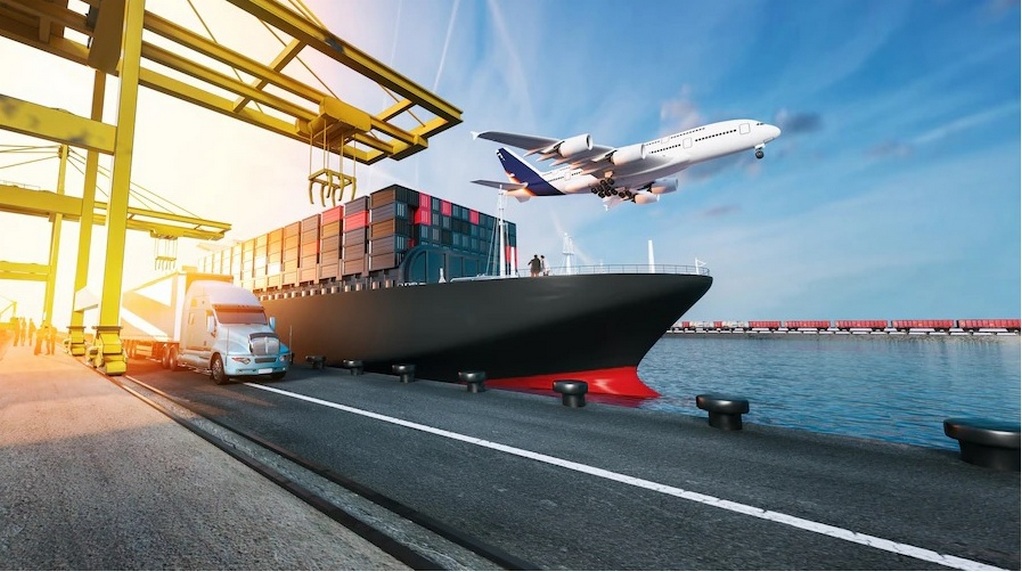With two months to go until the 79th gathering Marine Environment Protection Committee (MEPC), the International Maritime Organization (IMO) is facing pressure to up its game when it comes to green targets.
Member states at IMO’s sister body at the United Nations, the International Civil Aviation Organisation (ICAO), voted to adopt a collective long-term global aspirational goal (LTAG) of net-zero carbon emissions by 2050, something that is far head of IMO’s current demands which call for emission cuts of 50% compared to a 2008 baseline.
States at the ICAO Assembly also collectively underscored the importance of viable financing and investment support to the new CO2 emissions goal’s attainment, and fully supported the new ICAO Assistance, Capacity-building and Training for Sustainable Aviation Fuels (ACT-SAF) programme to accelerate the availability and use of new fuels.
Fears that shipping might lose out to other industries such as aviation in the scramble for alternative fuels were discussed at Maritime CEO Forum in Singapore.
Bunkers have always been the residual fuel no one else was willing to use, so supplies and prices have generally been stable, she pointed out. Prices and availability of alternative fuels remain questionable as other better resourced industries will be chasing the same resources, Yang warned.
Tags: Aviation, carbon emissions, IMO, MEPC, NetZero



Recent Posts
Seafarer Wellbeing Highlighted in New Decarbonisation Guidance from ISWAN
India Outlines Green Hydrogen Strategy at World Hydrogen Summit 2025 in Rotterdam
Port of Rotterdam and EDGE Navigation Partner to Advance Liquid Hydrogen Infrastructure
Finnlines Launches Low-Carbon “Green Lane” Sea Transport Service with Up to 90% Emission Cuts
Microsoft Teams Up with NORDEN to Cut Maritime Supply Chain Emissions
Höegh Autoliners’ Fifth Aurora-Class PCTC Enters Service with Multi-Fuel Capability
Next-Gen Marine Propulsion: MAN Launches Methanol Super Engine
Port of Amsterdam Marks First Ship-to-Ship Methanol Bunkering